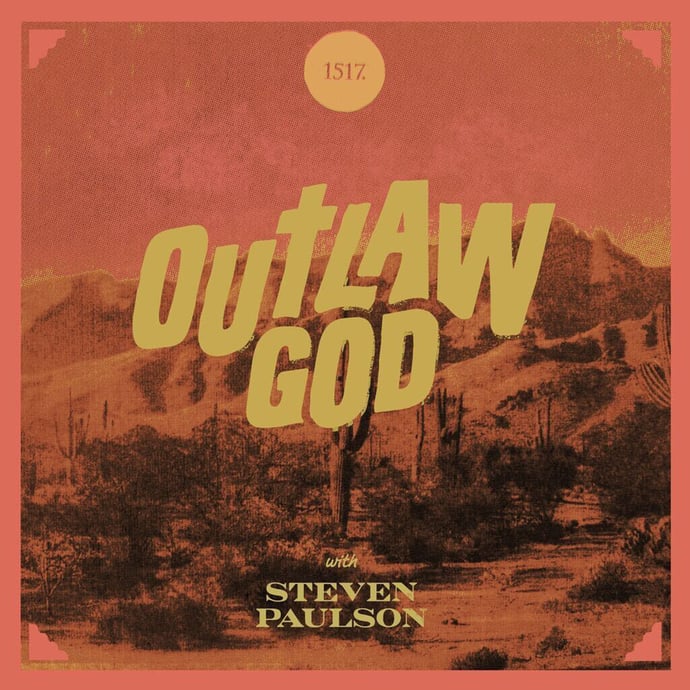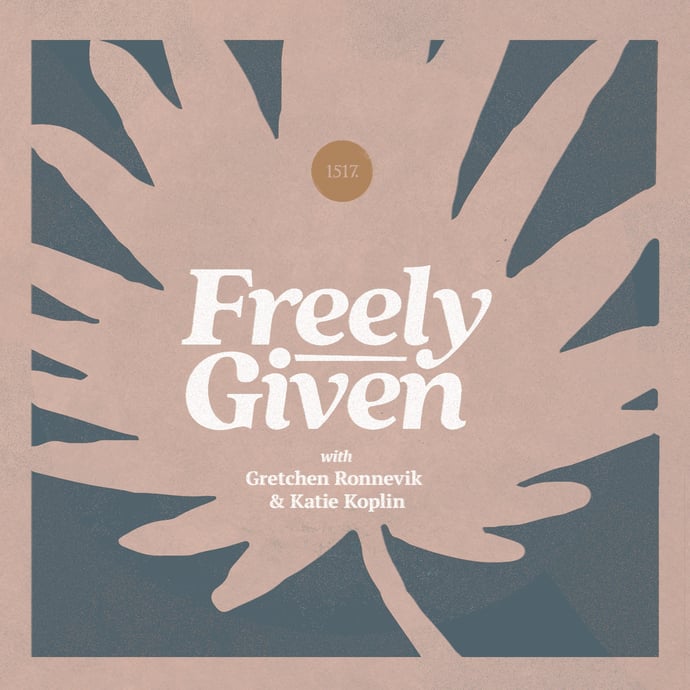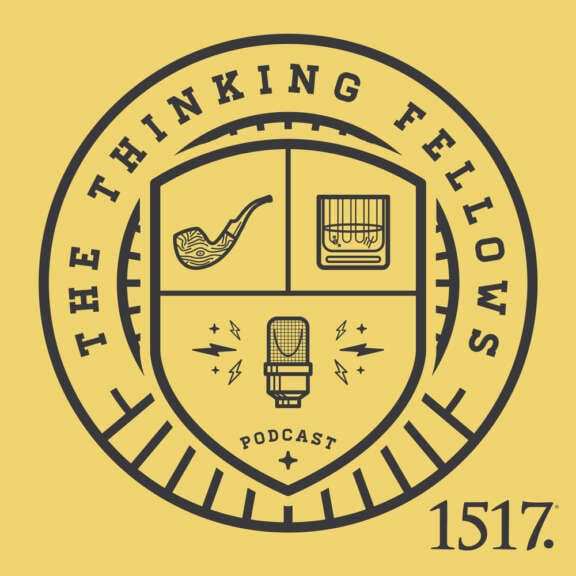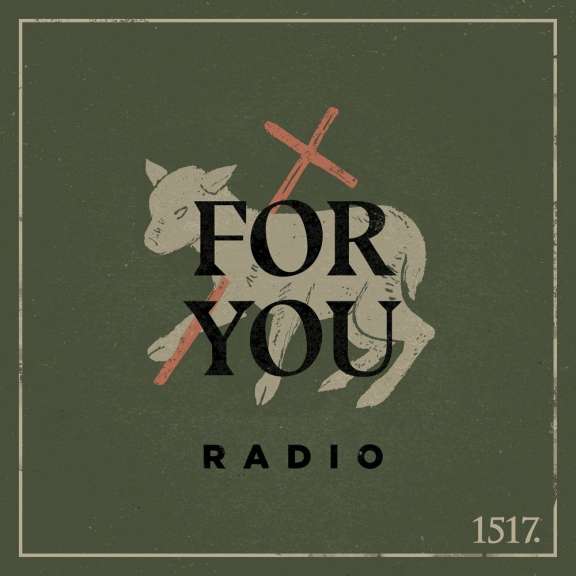Happiness in Slavery. We continue to read and discuss the parable of the Grand Inquisitor, in Fyodor Dostoevsky’s, The Brothers Karamazov. In this episode, the Grand Inquisitor details why Jesus’ rejection of Satan’s temptations in the wilderness doomed humanity.
Podcasts
Each 1517 Podcast is dedicated to delivering Christ-centered content through weekly, monthly, and seasonal audio platforms. Listen online or on your favorite podcasting app.
Author
- All Authors
- Aaron Zimmerman
- Adam Francisco
- Amy Mantravadi
- Blake Flattley
- Bob Hiller
- Bradley Gray
- Brian W. Thomas
- Bror Erickson
- Bruce Hillman
- Caleb Keith
- Chad Bird
- Chris Rosebrough
- Christopher Gillespie
- Cindy Koch
- Craig Donofrio
- Dan van Voorhis
- Daniel Deen
- Daniel Emery Price
- Darrin Sheek
- David Andersen
- David Rufner
- David Zahl
- Debi Winrich
- Delwyn Campbell
- Donavon Riley
- Doug Klembara
- Edward Killian
- Elyse Fitzpatrick
- Erick Sorensen
- Flame
- Grant Klembara
- Gretchen Ronnevik
- Haroldo Camacho
- Jacob Smith
- Jared C. Wilson
- Jeff Mallinson
- Jeffrey Pulse
- Jessica Thompson
- Jim Nestingen
- Joel Fitzpatrick
- Joel Hess
- John Andrew Schreiner
- John Bombaro
- John T. Pless
- John W. Hoyum
- John Warwick Montgomery
- Katie Koplin
- Kelsi Klembara
- Ken Sundet Jones
- Magnus Persson
- Matt Popovits
- Michael Berg
- Michael Horton
- Nick Lannon
- Paul Koch
- Peter Nafzger
- Philip Bartelt
- Raleigh Sadler
- RJ Grunewald
- Robert Kolb
- Rod Rosenbladt
- Ron Hodel
- Sam Leanza Ortiz
- Sarah Condon
- Sarah Crowder
- Scott Davis
- Scott Keith
- Steven Paulson
- Tanner Olson
- Troy Neujahr
- Uwe Siemon-Netto
- Wade Johnston
- William Cwirla
-
In this episode, Paulson identifies the worry that all religion tries to answer "Am I chosen by God?"
-
Why? Why? Why? We read and discuss Dostoevsky’s parable of the Grand Inquisitor. What happens when we discuss evil and the work of the evil one apart from God’s Word, his preacher, and Christ’s cross?
-
In this episode, Paulson helps listeners envision Luther's idea that the preacher is a "long-bowman" taking aim at the heart.
-
We have special guest Sarah Crowder to talk with us about interacting with the teens in our lives--whether our own, in our churches, or neighborhoods--in a way that helps them understand the gospel.
-
We continue our conversation with Nancy Guthrie and how life changing it can be to find Christ in the Old Testament--and not just in the prophecies. It's transformative, and as she would say, there's nothing more practical.
-
Dr. Paulson explores another violent metaphor from Luther, the arrow of conviction.
-
Gatekeepers & Madmen. We read and discuss two parables, by Franz Kafka and Friedrich Nietzsche. What happens when people don’t have a preacher sent by the Holy Spirit to declare forgiveness? Without the Gospel, where does the law end?
-
Craig and Troy come back for another round of discussion on the Lord's Supper: the what and the why and the where, but never the how.
-
Humble Kings & Flightless Geese. We read and discuss two parables by Soren Kierkegaard. In this episode, the purpose of parables, the condescension of God, and why there’s no forgiveness in Kierkegaard’s parables.
-
In the Lord's Supper we receive an enormous gift. Why make it more complicated than what Jesus says?
-
What happens when the knowledge of the Law doesn't bring power?




